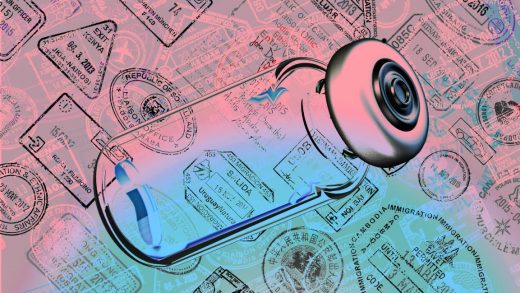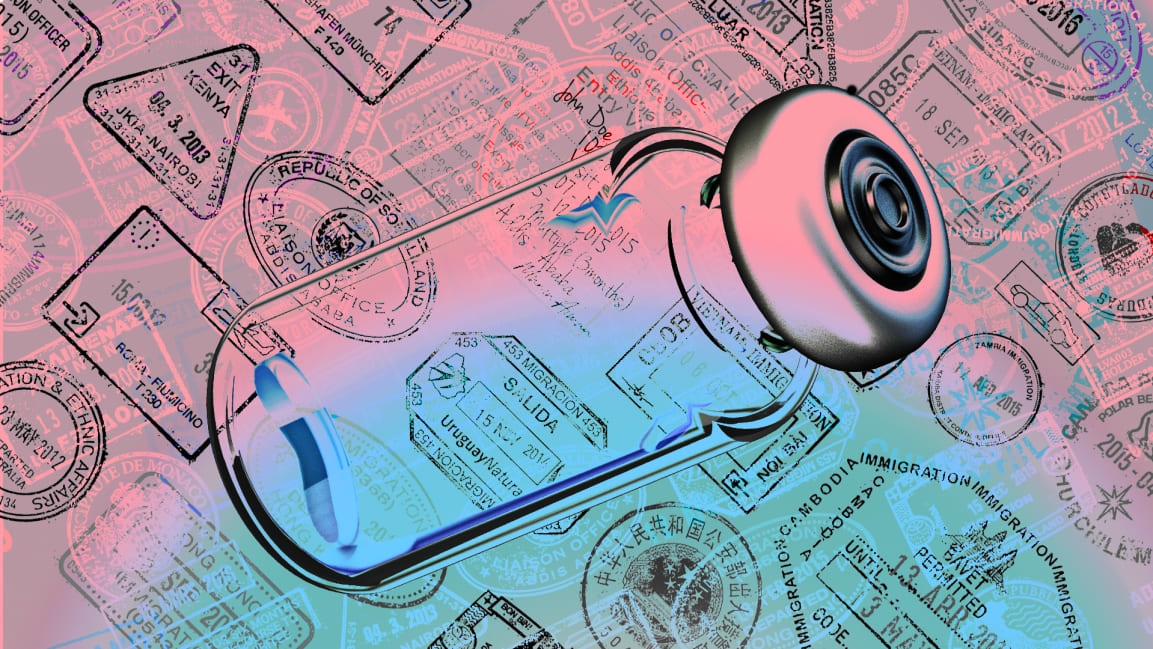Vaccine passports are coming. Here’s why they’re controversial
Vaccine passports—proof that you’ve been vaccinated against COVID-19—are at this point an inevitability. Countries including Seychelles, Cyprus, Georgia, Romania, Poland, Iceland, and Estonia will require travelers to have a COVID-19 vaccination to enter. Now, lots of tech companies are working on building apps that certify a traveler is vaccinated. But there are a few problems with vaccine passports, and the World Health Organization has voiced its distaste for the concept.
The main concern is that vaccine distribution is not globally equitable and vaccine passports could create social stratification.
“At the present time the use of certification of vaccination as a requirement for travel is not advised because quite simply vaccination is just not available enough around the world and is not available certainly on an equitable basis,” said Michael Ryan, head of the WHO’s health-emergencies program, at a press conference. The organization says that it thinks providing vaccinated people with an official certification is valuable for public health purposes, but that vaccination should not entitle a person to more freedoms than an unvaccinated person. This is particularly true, the WHO notes, because there is still little data about if any of the COVID-19 vaccines prevent transmission of COVID-19.
“Inequity and unfairness can be further branded into the system if we continue to make decisions on what people can and can’t do, where they can and can’t go on the basis of being vaccinated, when being vaccinated itself is not something that everyone has equal access to,” said Ryan.
Another problem with vaccine passports is that there is not yet a universal standard for vaccination certification. That means that certifications can be easily faked.
“The minute you create something that allows you access to a place and gives you value, then there’s going to be secondary markets for fraudulent versions of it,” says Roderick Jones, the chairman of Concentric, a security firm based in Washington State, during a panel discussion the company hosted on the safety of vaccine passports. If individual countries use different standards of certification, it may become difficult to screen against fakes. Vaccine certification is complicated because the credential has to both prove that a person is who they say they are and that they are the person to whom a vaccination certification belongs.
“It should be the government that takes the lead,” said Jones. “I think it should be the United States that takes the lead.”
As part of the COVID-19 response, President Joe Biden has asked the departments of Health and Human Services and Homeland Security to explore ways to certify COVID-19 vaccination that are digital and are interoperable with existing vaccination authentication methods. The head of the Office of the National Coordinator for Health Information Technology, Micky Tripathi, recently confirmed that the office is indeed working with various federal agencies to come up with a workable standard that can be used for travel.
While the U.S. hasn’t announced any explicit plans yet, experts hope that the U.S. could use a forthcoming mobile driver’s license as the foundation for vaccination certification. In 2016, Gemalto, a digital identity and security group, won a grant from the National Institute of Standards and Technology to develop a digital driver’s license for phones in four states (Maryland, Wyoming, Colorado, and Idaho) and Washington, D.C. The new license is expanding to Oklahoma, Arkansas, Iowa, and Florida, according to the blog TechRepublic. Other states are going through the legislative process to start accepting the digital driver’s license as a legitimate form of identification.
Jason Lim, who manages the Screening Technology Integration Program at the Transportation Security Administration, says that his group is currently working with the International Standards Organization on ensuring digital driver’s licenses are interoperable with a global set of standards. Other countries, including Japan, South Korea, and Finland, have also developed or piloted mobile driver’s licenses. Making sure these licenses all follow the same set of guidelines has the potential to prevent fraud.
Another possible contender is the CommonPass, a vaccination certification platform that is being developed by both the World Economic Forum and the Commons Project, a technology nonprofit. The CommonPass is a mobile app with a scannable QR code that verifies a person’s health status for travel. The organization is currently working with several airlines.
Of course, tethering vaccination status to a digital device again presents equity issues. Not everyone has a digital device, so there will always need to be some analog form of vaccination proof.
It’s not clear yet how vaccine passports will manifest. But in order for a trustworthy system to be put in place, Lim says there needs to be an open standard that anyone can use. “We need to establish a supply chain of trust,” he said.
(19)



